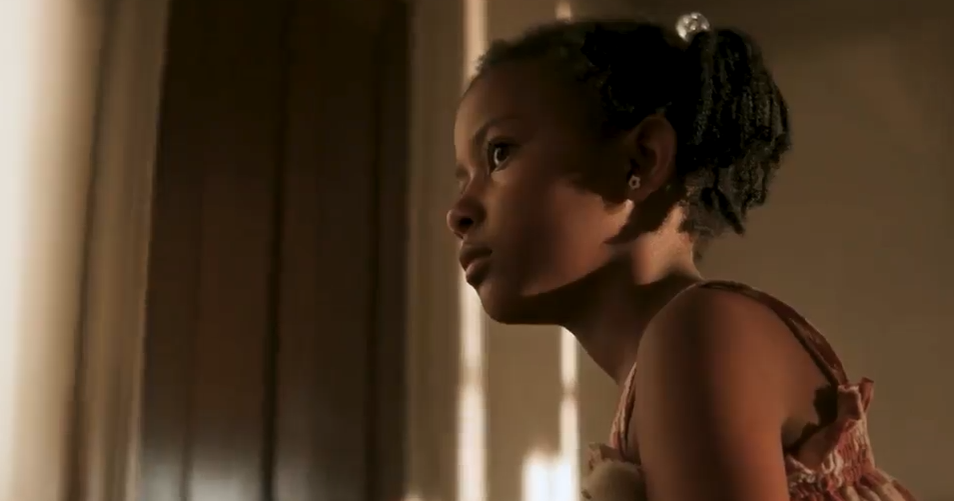'Willy Wonka' Star Gene Wilder Dead At 83
STAMFORD, Conn. (CBSNewYork/AP) -- Gene Wilder, the frizzy-haired actor who brought his deft comedic touch to such unforgettable roles as the neurotic accountant in "The Producers" and the deranged animator of "Young Frankenstein," has died. He was 83.
Wilder's nephew said Monday that the actor and writer died late Sunday at his home in Stamford, Connecticut, from complications from Alzheimer's disease.
Jordan Walker-Pearlman said in a statement that Wilder was diagnosed with the disease three years ago, but kept the condition private so as not to disappoint fans.
"He simply couldn't bear the idea of one less smile in the world," Walker-Pearlman said.
Wilder started his acting career on the stage, but millions knew him from his work in the movies, especially his collaborations with Mel Brooks on "The Producers," "Blazing Saddles" and "Young Frankenstein." The last film -- with Wilder playing a California-born descendant of the mad scientist, insisting that his name is pronounced "Frahn-ken-SHTEEN" -- was co-written by Brooks and Wilder.
"One of the truly great talents of our time," Mel Brooks tweeted. "He blessed every film we did with his magic & he blessed me with his friendship."
With his unkempt hair and big, buggy eyes, Wilder was a master at playing panicked characters caught up in schemes that only a madman such as Brooks could devise, whether reviving a monster in "Young Frankenstein" or bilking Broadway in "The Producers." Brooks would call him "God's perfect prey, the victim in all of us."
But he also knew how to keep it cool as the boozy gunslinger in "Blazing Saddles" or the charming candy man in the children's favorite "Willy Wonka and the Chocolate Factory." His craziest role: the therapist having an affair with a sheep in Woody Allen's "Everything You Wanted to Know About Sex."
He was close friends with Richard Pryor and their contrasting personas -- Wilder uptight, Pryor loose -- were ideal for comedy. They co-starred in four films: "Silver Streak," "Stir Crazy," "See No Evil, Hear No Evil" and "Another You." And they created several memorable scenes, particularly when Pryor provided Wilder with directions on how to "act black" as they tried to avoid police in "Silver Streak."
In 1968, Wilder received an Oscar nomination for his work in Brooks' "The Producers." He played the introverted Leo Bloom, an accountant who discovers the liberating joys of greed and corruption as he and Max Bialystock (Zero Mostel) conceive a Broadway flop titled "Springtime For Hitler" and plan to flee with the money raised for the show's production.
Matthew Broderick played Wilder's role in the 2001 Broadway stage revival of the show.
Wilder also appeared as a voice actor in PBS' "The Electric Company" in the 1970s, appearing as the title character in the "Letterman" animated skits alongside Mostel as the villain "Spell Binder" and with Joan Rivers serving as narrator.
Though they collaborated on film, Wilder and Brooks met through the theater. Wilder was in a play with Brooks' then-future wife, Anne Bancroft, who introduced the pair backstage in 1963.
Wilder, a Milwaukee native, was born Jerome Silberman on June 11, 1935. His father was a Russian emigre, his mother was of Polish descent. When he was 6, Wilder's mother suffered a heart attack that left her a semi-invalid. He soon began improvising comedy skits to entertain her, the first indication of his future career.
He started taking acting classes at age 12 and continued performing and taking lesson through college. In 1961, Wilder became a member of Lee Strasberg's prestigious Actor's Studio in Manhattan.
That same year, he made both his off-Broadway and Broadway debuts. He won the Clarence Derwent Award, given to promising newcomers, for the Broadway work in Graham Greene's comedy "The Complaisant Lover."
He used his new name, Gene Wilder, for the off-Broadway and Broadway roles. He lifted the first name from the character Eugene Gant in Thomas Wolfe's "Look Back, Homeward Angel," while the last name was clipped from playwright Thornton Wilder. A key break came when he co-starred with Bancroft in Bertolt Brecht's "Mother Courage," and met Brooks, her future husband.
"I was having trouble with one little section of the play, and he gave me tips on how to act. He said, `That's a song and dance. He's proselytizing about communism. Just skip over it, sing and dance over it, and get on to the good stuff.' And he was right," Wilder later explained.
Before starring in "The Producers," he had a small role as the hostage of gangsters in the 1967 classic "Bonnie and Clyde." He peaked in the mid-1970s with the twin Brooks hits "Blazing Saddles" and "Young Frankenstein."
He went on to write several screenplays and direct several films. In 1982, while making the generally forgettable "Hanky-Panky," he fell in love with co-star Gilda Radner. They were married in 1984, and co-starred in two Wilder-penned films: "The Lady in Red" and "Haunted Honeymoon."
After Radner died of ovarian cancer in 1989, Wilder spent much of his time after promoting cancer research. He opened a support facility for cancer patients called "Gilda's Place." In 1991, he testified before Congress about the need for increased testing for cancer.
While preparing for his role as a deaf man in "See No Evil, Hear No Evil," Wilder met Karen Webb, a clinical supervisor for the New York League for the Hard of Hearing. Following Gilda Radner's death, Wilder and Webb reconnected and married in 1991.
The two lived in Stamford in a 1734 Colonial home, where Wilder died Sunday night, CBS2's Dana Tyler reported.
(TM and © Copyright 2016 CBS Radio Inc. and its relevant subsidiaries. CBS RADIO and EYE Logo TM and Copyright 2016 CBS Broadcasting Inc. Used under license. All Rights Reserved. This material may not be published, broadcast, rewritten, or redistributed. The Associated Press contributed to this report.)







